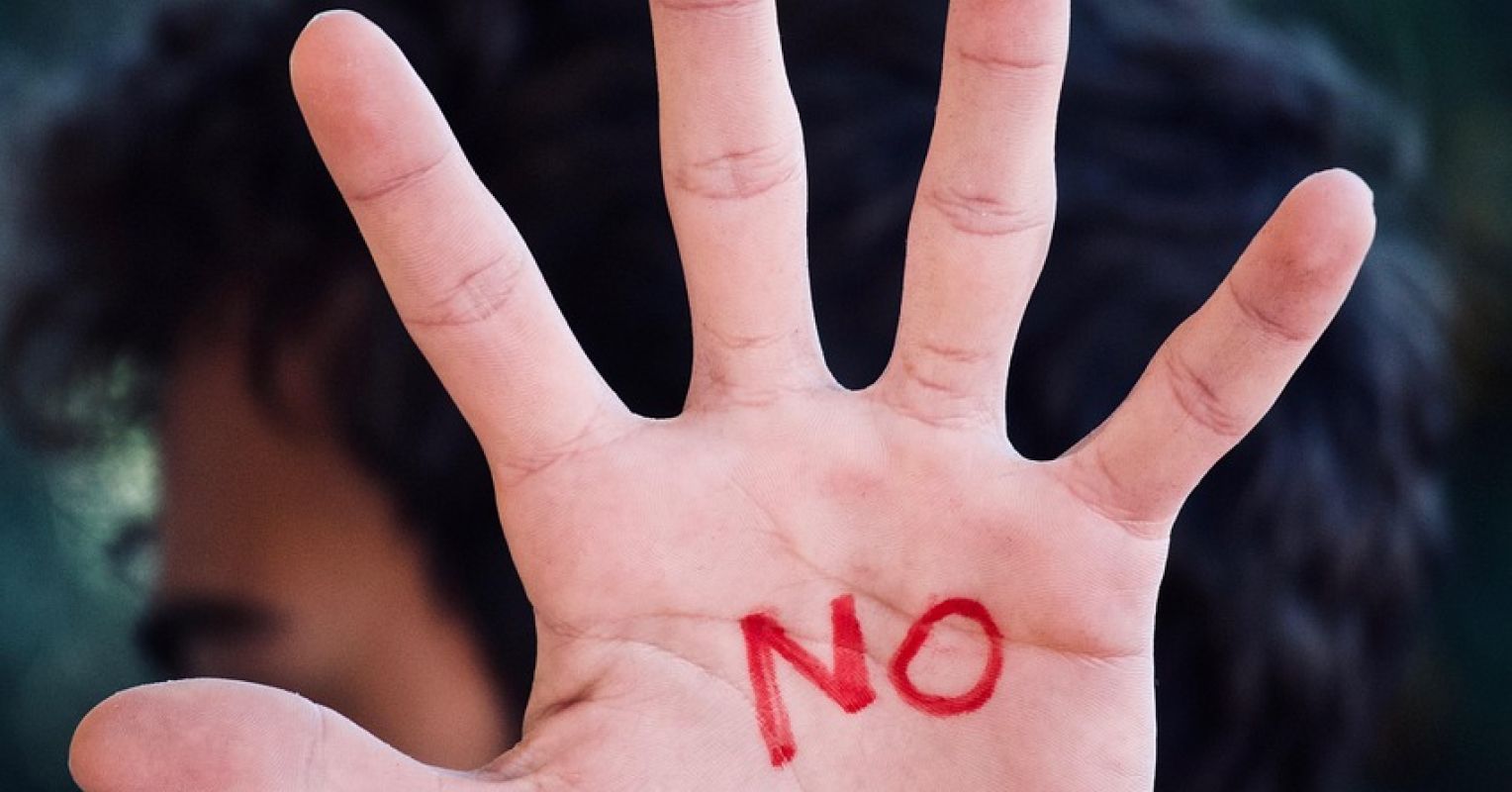I have never been good at saying “no.” My default response to invitations, favors, and requests of any kind is “Totally!” “Absolutely!” or the most self-betraying of all, “Can’t wait!” I will agree to lunch when I am drowning in deadlines. I will volunteer when I am already exhausted. Then I spend the next week rearranging my life to accommodate a yes I did not mean.
On my podcast Fifty Words for Snow, my co-host Emily John Garcés and I go on what we call a linguistic expedition into brave new words. Each week we explore expressions from around the world that do not quite translate into English, words that capture subtle shades of human experience our own language often misses. In our episode “Russian Reflection,” we spoke with a native Russian speaker from St. Petersburg, Masha Lichtenberg, who introduced us to one such missing piece: the phrase da nyet (да нет).
In Russian, da means yes and nyet means no, so together da nyet literally translates as yes-no. But what it really means is something closer to an emphatic, non-negotiable no. It is not a tentative “maybe not” or a deferential “no thank you.” It is a “don’t ask me again” no. A put-your-glass-down-on-the-table-and-say-we’re-done-here no.
Masha explained that Russians tend to be concise. “We don’t say ‘yes please’ or ‘no thank you,’” she said. “It’s yes or no, simple, direct.” The difference between nyet and da nyet lies in the tone. The latter is what you use when someone is not getting the message. It is a firm, frost-proof refusal, clear, final, and oddly freeing.
Listening to her, I realized how much we could use that word in English. We have hundreds of ways to soften our no’s: “I wish I could,” “Maybe another time,” “Let me check my schedule.” We pad our refusals with emojis and exclamation points, terrified of being seen as rude. But all this cushioning creates confusion, not kindness. It keeps the conversation open when we actually mean to close it.
When I asked Masha why Russians might need such a strong negative, she said something that surprised me. “We’re not negative people,” she said, “but our language has been hardened by history. It makes you feel better to be direct.” There was something healthy in that honesty, a verbal immune system protecting against passive-aggressive infection.
Maybe that is why da nyet struck such a chord. It embodies what psychologists call assertive communication, a balance between passivity and aggression. It is the clarity that allows you to set a boundary without apology. And it is the boundary itself that makes genuine connection possible. When everything is a yes, nothing is.
A firm no can actually be an act of respect, for yourself, for your time, and even for the person you are refusing. A muddled maybe wastes everyone’s energy. A clear no is clean, efficient, merciful.
So I am trying to practice my da nyet, boots on, scarf wrapped, facing the wind. Not angry, just finished. Because sometimes the kindest thing we can say, both to others and to ourselves, is no.

